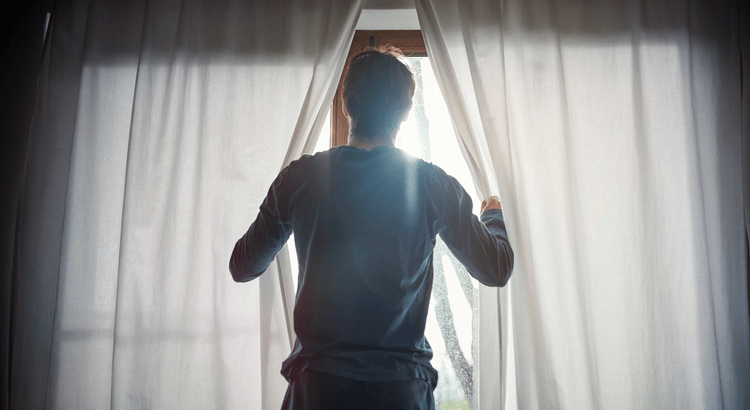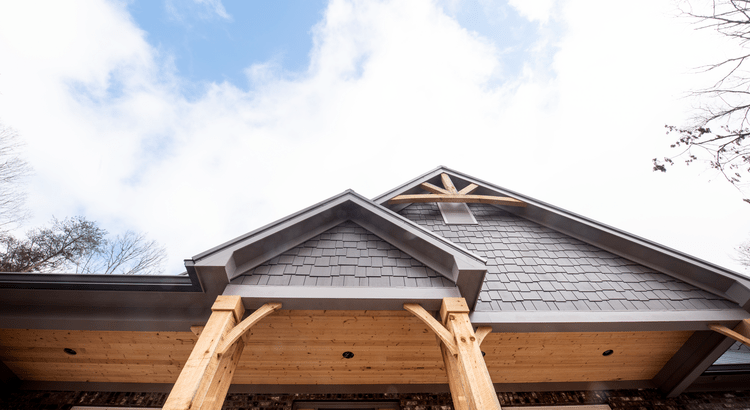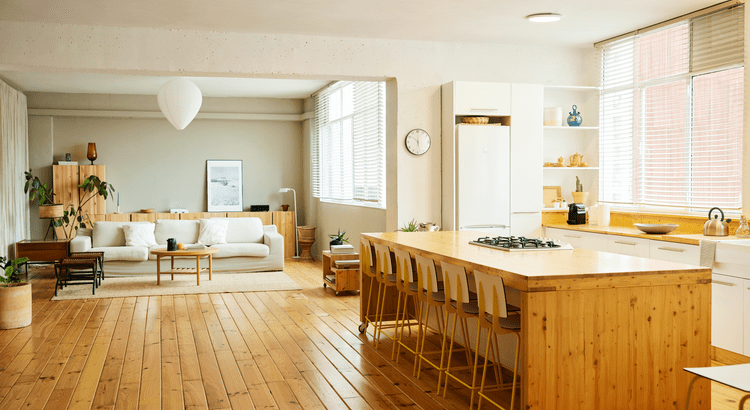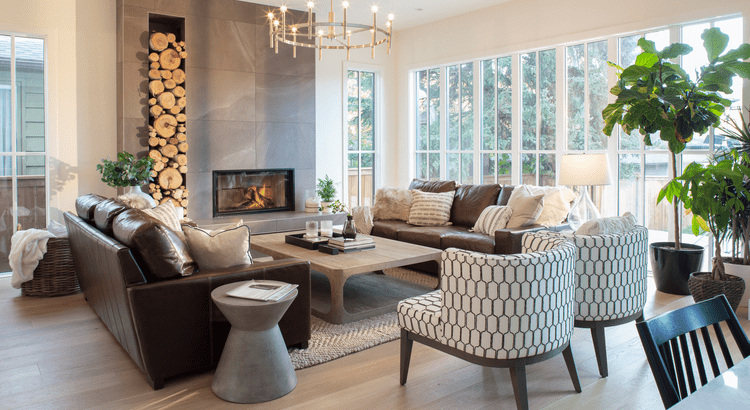What to Consider When Choosing Your Next Home After Selling: New vs. Existing

So, you’re ready to sell your house and move on to the next chapter. It’s an exciting time, but it also comes with a big question: Where will you go next? With the housing market evolving, you now have a range of options, from newly built homes to existing properties. Let’s dive into what each option offers and help you decide which path aligns best with your needs and preferences.
The Appeal of Newly Built Homes: Fresh Starts and Modern Features
If you’re leaning towards a newly built home, you’re in good company. There are some compelling reasons to consider this choice:
Brand New Everything
Imagine stepping into a home where everything—from the appliances to the flooring—is fresh and untouched. Newly built homes offer the luxury of pristine materials and modern finishes. You’ll be the first to use those appliances and enjoy the novelty of everything being brand new.
Energy Efficiency and Lower Bills
Newly constructed homes often come with the latest energy-efficient features. This can mean lower utility bills and a smaller environmental footprint. Modern insulation, windows, and appliances are designed to save you money and help you live more sustainably.
Minimal Repairs and Builder Warranties
One of the biggest perks of a new home is the minimal need for immediate repairs. Builders typically offer warranties that cover various aspects of the home, giving you peace of mind. You can enjoy your new space without worrying about the age-old issues that often come with older homes.
Potential for Builder Concessions
Builders are motivated to sell their current inventory before they start new projects. This can lead to some attractive concessions and negotiations. Builders might offer incentives that can help with closing costs or upgrades, making a newly built home more affordable than you might expect.
Interestingly, the median price for a new home today is often lower than that of an existing home, a reversal of the usual trend. According to Ralph McLaughlin, Senior Economist at Realtor.com:
“Homebuyers who are looking for that ‘new-home smell’ may be in a relatively friendlier market than times past when new homes were considerably more expensive than used ones.”
If you’re curious about the new homes available in your area, your real estate agent can help you navigate the local builders, new developments, and available options.
The Charm of Existing Homes: Character and Community
On the other hand, existing homes have their own set of advantages. Here’s what you might find appealing about choosing an older home:
Established Neighborhoods
Existing homes are often located in well-established neighborhoods. You’ll have a chance to experience the community and its amenities before making a decision. The character and atmosphere of a mature neighborhood can be a significant draw for many buyers.
Variety of Styles and Floorplans
Older homes come in a wide array of architectural styles and floorplans. Whether you’re looking for a charming Craftsman or a classic Colonial, you’re likely to find a variety that suits your tastes. This variety can be a huge benefit compared to the often more uniform styles of new constructions.
Lived-In Charm and Mature Landscaping
There’s something special about the charm of a lived-in home. Older homes often feature unique architectural details, mature landscaping, and a sense of history that new homes lack. The established trees and well-tended gardens can add significant curb appeal and create a welcoming atmosphere.
Personalization and Value Addition
The strategic value of an existing home is that you can customize and upgrade it over time. While you may not get the latest features from the start, you can gradually add modern elements and personalize the space to your liking. This can not only enhance your living experience but also increase the home's resale value.
LendingTree notes:
“. . . they can personalize it and possibly increase its potential resale value with cosmetic upgrades . . . Plus, if a home comes with physical details or stories that add charm, in some cases, these elements are attractive enough to add to a home’s resale value . . .”
To explore available existing homes, consult with your real estate agent, who can show you properties that match your preferences and budget.
Making the Decision: New or Existing?
When deciding whether to buy a newly built home or an existing one, consider the following factors:
- Your Priorities: Do you value modern features and energy efficiency, or is the charm and character of an older home more appealing?
- Budget and Costs: Analyze your budget for both initial costs and potential future upgrades. Newly built homes might offer better energy savings, while existing homes could provide more room for customization.
- Location and Community: Think about what kind of neighborhood you want to be in. Established communities offer different benefits compared to new developments.
Final Thoughts: Choose What Fits You Best
Deciding where to go after you sell your home involves weighing the pros and cons of newly built versus existing properties. Both options have their unique benefits, and the right choice for you will depend on your personal preferences, financial situation, and long-term goals.
If you’re ready to explore your options and need expert guidance, let’s connect. I can help you navigate the market, whether you’re leaning towards a brand-new home or an existing gem. Reach out today to start the exciting journey of finding your next perfect home.
Recent Posts










GET MORE INFORMATION
